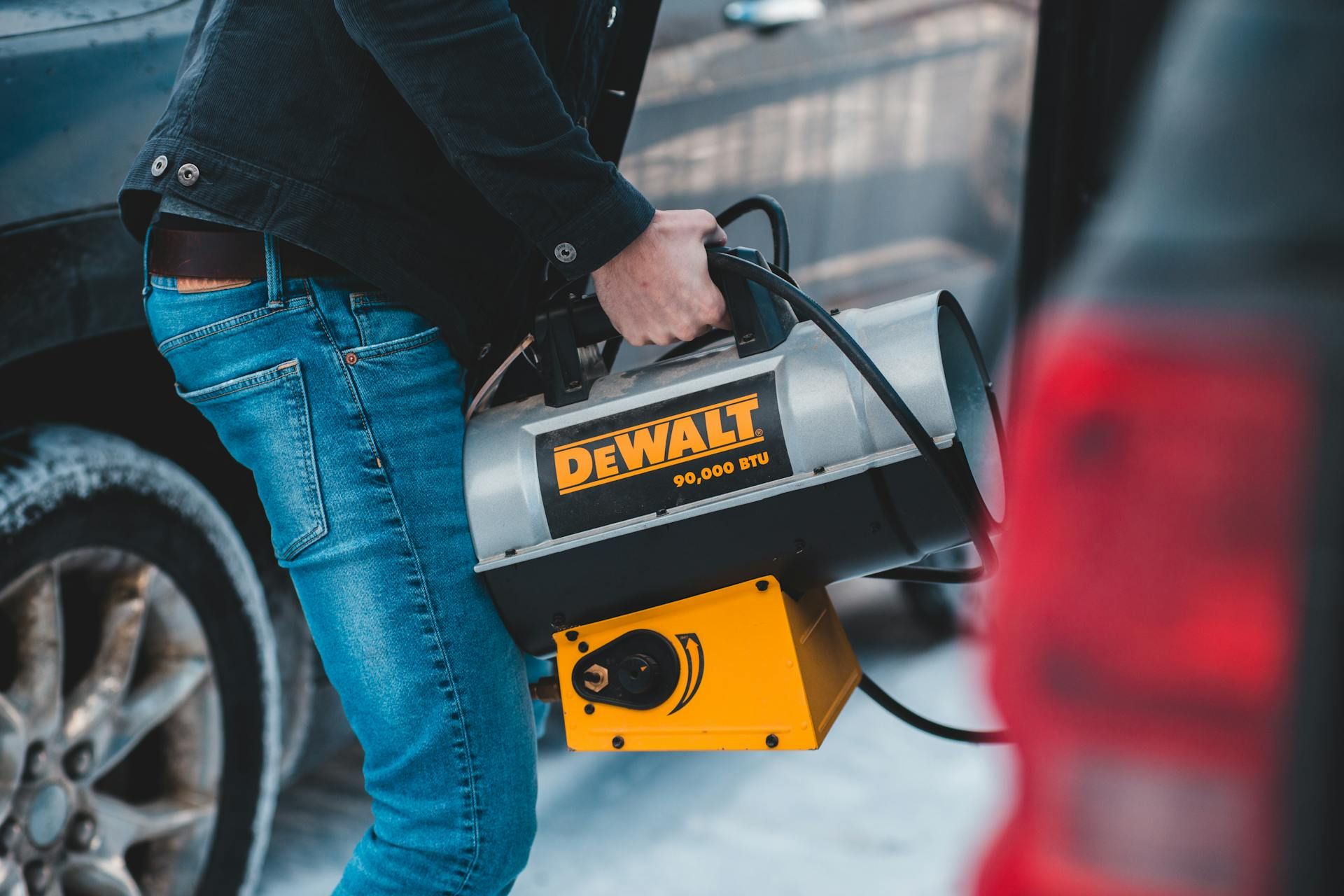business resources
Why Industrial Heaters Are Essential for Business Operations
10 Jul 2024, 11:13 pm GMT+1
Industrial heaters play a crucial role in various sectors, ensuring that operations run smoothly and efficiently. From manufacturing plants to food processing units, these devices provide the necessary thermal energy to maintain optimal working conditions. By delivering consistent and controlled heat, industrial heaters help enhance productivity, ensure product quality, and reduce operational costs. In this blog, we'll delve into the reasons why industrial heaters are indispensable for business operations and explore different aspects of their utility.
Enhancing Productivity with Industrial Heaters
One of the most significant advantages of industrial heaters is their ability to enhance productivity. Consistent and regulated heating is essential for many industrial processes, such as curing, drying, and melting materials. By maintaining precise temperatures, industrial heaters ensure that these processes occur without interruption, reducing downtime and increasing output. The team behind Cahill Heating Rentals says that industrial heaters help keep production lines running smoothly, resulting in increased efficiency and improved productivity. With the right type of industrial heater for specific applications, businesses can streamline operations and meet production targets faster.
Types of Industrial Heaters and Their Applications
Understanding the different types of industrial heaters and their specific applications is critical for selecting the right equipment for your business needs. Each type of heater is designed to provide specific advantages in various industrial processes, ensuring that the requirements of diverse operations are effectively met. For instance, electric heaters are known for their precision and control, making them ideal for applications where exact temperature settings are crucial.
Gas-fired heaters, on the other hand, are often used in larger spaces due to their ability to generate significant amounts of heat efficiently. Indirect-fired heaters are particularly suited for environments where air quality is a concern, as they provide heat without introducing combustion products into the workspace. By understanding the capabilities and ideal use cases for each type of industrial heater, businesses can make informed decisions that enhance operational efficiency and maintain optimal production conditions.
The Impact on Product Quality and Safety
The utilization of industrial heaters has a profound impact on both product quality and safety within various industrial settings. Proper temperature control is critical in many manufacturing and processing operations, as even slight deviations can lead to defects or inconsistencies in the final products. For example, in the food processing industry, maintaining specific temperatures is essential to ensure that products are cooked thoroughly and safely, meeting stringent health and safety standards.
In sectors such as pharmaceuticals and chemicals, precise heating is necessary to ensure that reactions occur under controlled conditions, thereby preventing unwanted variations that could compromise product integrity. Industrial heaters contribute to maintaining these standards by providing reliable and constant heat, which minimizes the risk of errors or contaminants. Furthermore, by ensuring that production environments maintain safe and stable temperatures, industrial heaters help protect both workers and equipment, reducing the likelihood of accidents and ensuring a safer workplace.
Cost-Effectiveness and Energy Efficiency
One of the key advantages of industrial heaters is their cost-effectiveness and energy efficiency. Investing in high-quality industrial heaters can lead to significant long-term savings for businesses by reducing energy consumption and lowering utility bills. Modern industrial heaters are designed with advanced technologies that enhance their energy efficiency, making them more environmentally friendly. For example, electric heaters often incorporate precise temperature control mechanisms that minimize energy waste by only heating to the necessary levels.
Gas-fired heaters are engineered to maximize fuel efficiency, ensuring that large areas are heated effectively without excessive fuel consumption. The use of programmable thermostats and automated control systems in industrial heaters allows for optimal temperature management, preventing overheating and reducing energy usage during off-peak hours. By choosing energy-efficient industrial heaters, businesses not only cut operational costs but also contribute to sustainability efforts, reducing their overall carbon footprint. The initial investment in efficient heating solutions is quickly offset by the savings realized through decreased energy expenditures and enhanced operational performance.

Choosing the Right Industrial Heater for Your Needs
Selecting the appropriate industrial heater for your specific needs is crucial for maximizing efficiency and achieving optimal results. The first step in choosing the right heater is to assess your operational requirements, including the size of the space, the nature of the processes involved, and the desired temperature range. Understanding the specific demands of your industry will help narrow down the options and identify the most suitable type of heater.
Consider the energy source available and preferred. Electric heaters are typically preferred for their precision and ease of control, making them ideal for applications requiring exact temperature regulation. However, if your facility is dealing with larger spaces or requires rapid heating, gas-fired heaters might be more appropriate due to their ability to produce high heat output efficiently.
Another key factor is the environment in which the heater will be used. For instance, in settings where air quality is essential, indirect-fired heaters offer the advantage of providing clean heat by keeping combustion gases separate from the heated air. It's also important to consider any industry-specific regulations or safety standards that must be met, ensuring that the chosen heater complies with these requirements.
Industrial heaters are an essential component of business operations in many industries, providing consistent and regulated heat to enhance productivity, improve product quality and safety, and reduce operational costs. By understanding the different types of industrial heaters available and their unique capabilities, businesses can make informed decisions that align with their specific needs and requirements. Selecting the right industrial heater is a crucial step toward maintaining efficient operations and achieving optimal results.
Share this
Arthur Brown
Writer
A dad of 3 kids and a keen writer covering a range of topics such as Internet marketing, SEO and more! When not writing, he's found behind a drum kit.
previous
Top 10 Finance Companies in India
next
How Business Can Reduce Energy Costs and Carbon Footprint?